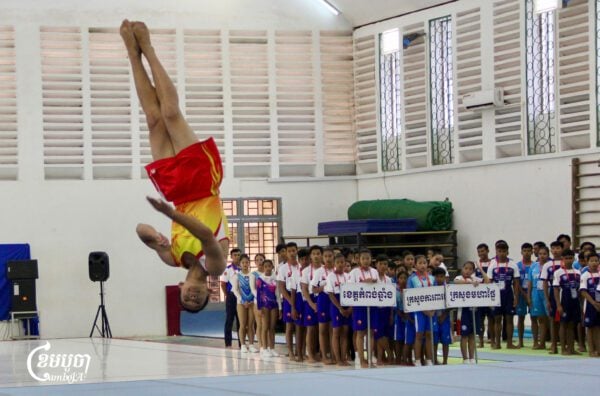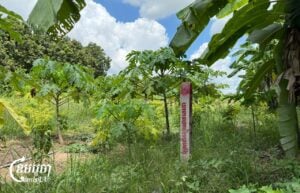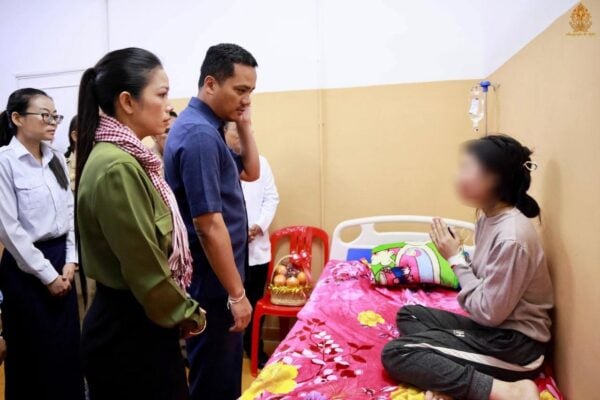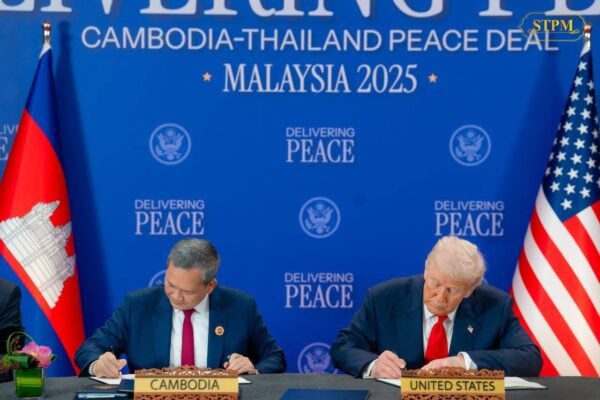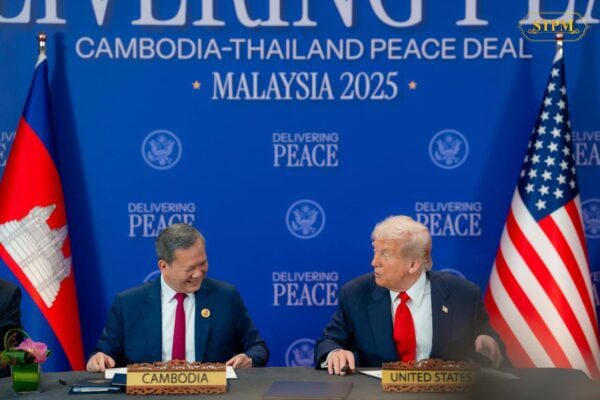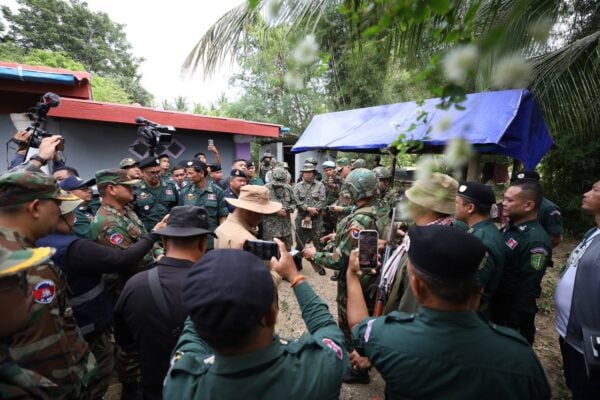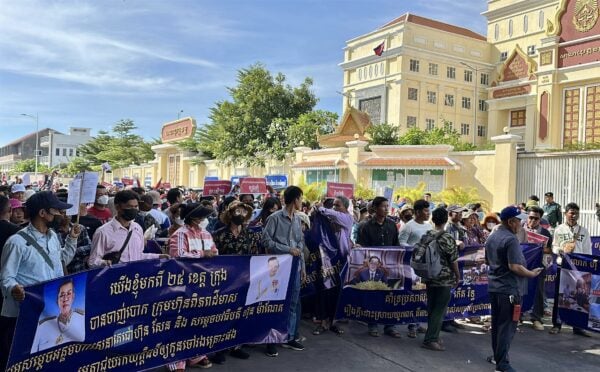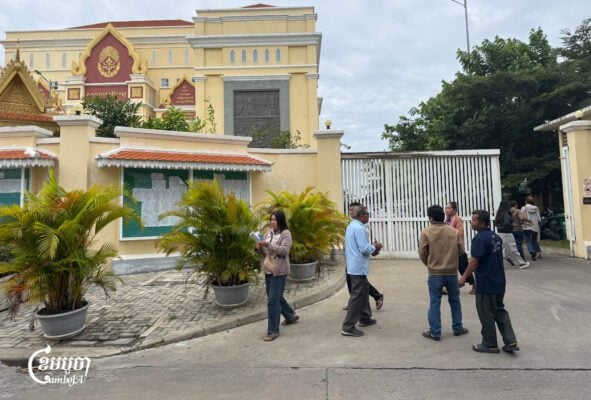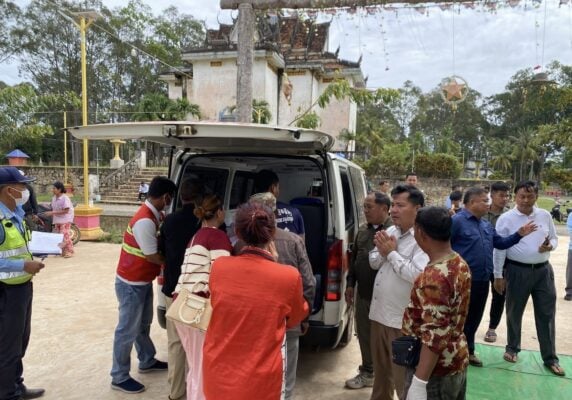Listen to the audio version of this article (generated by AI).
Cambodia Border Affairs informed compatriots and the public to trust the government’s process with regard to the temporary demarcation of border posts between Cambodia and Thailand in the disputed zones.
Cambodia and Thailand have sent survey teams to conduct field work to resolve the issue in Chouk Chey and Prey Chan villages, according to a statement by Cambodia Border Affairs.
They said the work on boundary markers 42 to 47 was carried out “thoroughly” and with “utmost responsibility”, based on French Protectorate documents, especially the minutes (Procès-Verbaux) of the Indochina–Siamese Boundary Commission from 1908–1909 and 1919–1920.
Temporary demarcation followed the Special Meeting of Cambodia-Thailand Joint Commission on Demarcation for Land Boundary (JBC) in October in which both sides agreed to reinstall 15 damaged or missing boundary pillars in their original locations and relocate three submerged markers once their new positions are settled.
Lam Chea, Minister in Charge at the State Secretariat of Border Affairs, could not be reached for comment.
In Chouk Chey and Prey Chan villages, barbed wire barricades have cut off residents—many of whom have lived there for years—from their homes and farms, resulting in clashes with Thai troops.
Hul Malis, a Prey Chan resident whose house was fenced off by Thai troops, said while she was aware of the joint survey for the temporary demarcation, the national leaders are handling the matter.
“I don’t know. It is up to the leaders to resolve the problem,” she said.
Another resident, Ros Saro from Chouk Chey village, said the joint survey teams have not reached her village yet.
“We are still concerned because they [Thai authorities] said we will be evicted after the border is fully demarcated,” she said.
“We are also worried about military action, but we don’t know what to do. We just have to wait and see what happens,” Saro said, adding that border related issues fall under the government.
Saro has lived there since the area was liberated from the Khmer Rouge.
Pen Rithy, chief of Chouk Chey village, said some families have gradually returned from the camp as the situation calmed down. He confirmed that the joint survey team is working at Prey Chan village but have not reached his village.
When contacted, government spokesperson Pen Bona echoed the statement of the Secretary of State for Border Affairs on the temporary border demarcation, warning extremist groups to stop inciting the public over border issues.
“The border settlement is being resolved through technical procedures and international law. When it is fully resolved, there will be no further arguments [….] please allow the government to carry out its work,” he said.
International political organization Centrist Democrat International (CDI-IDC) expressed strong support for a peaceful settlement between Cambodia and Thailand, and to uphold the truce agreement, while calling for the immediate and unconditional release of the 18 soldiers detained by the Thai army.
“We noted that the ceasefire and peace agreements remain fragile as evidenced by the recent deadly assault by Thai soldiers on unarmed civilians,” read the statement.
Banteay Meanchey provincial spokesperson Norng Vuthy could not be reached for comment.


